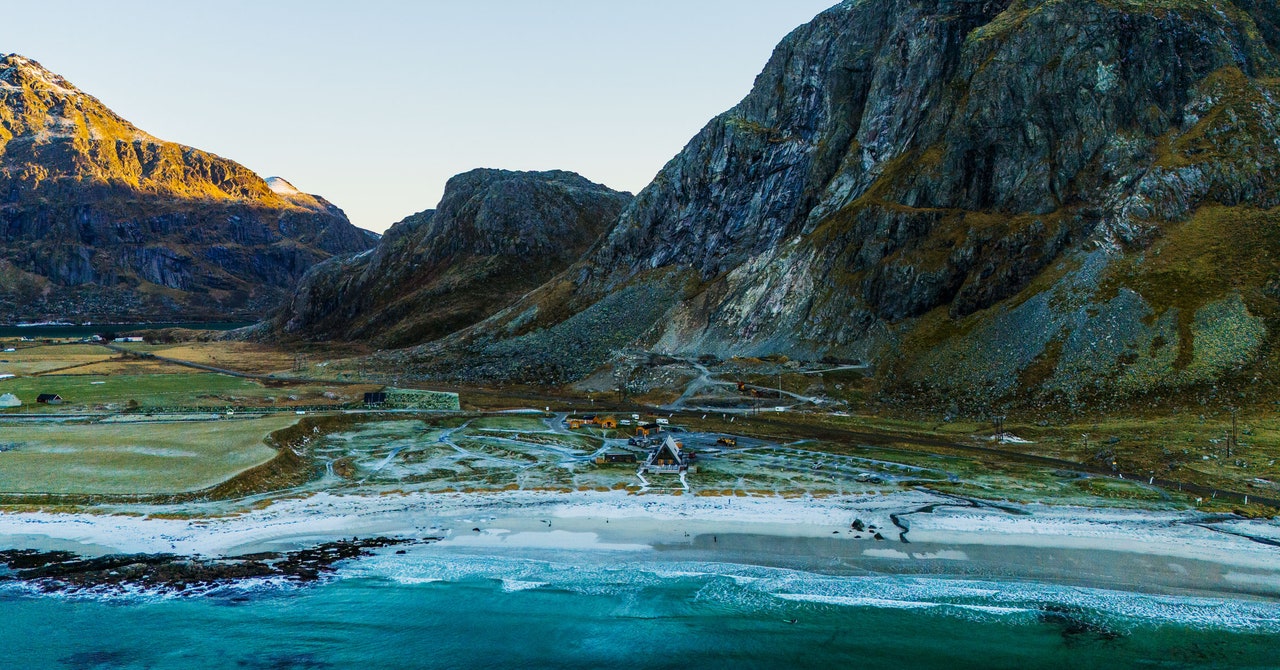
Norway’s deep-sea mining decision is a warning
Norway opens its territorial waters to deep-sea mining, a foot in the door for mining minerals, warns Sognnes
If the government wants to be believed when it says that it will take environmental considerations seriously, “bulldozing over their own environmental experts” should not be its first step, says Kaja Lønne Fjærtoft of the Worldwide Fund for Nature.
This week, theNorwegian Parliament voted to allow companies to look for opportunities in its territorial waters. The decision is a historic event: While some exploration has taken place in international waters in the Pacific, Norway is the first country to open its continental shelf up to deep-sea mining. Environmental advocates say it will cause long-term harm to the ocean.
Anne-Sophie, who leads the campaign against deep-sea mining in Europe, said the outcome was a half victory. The decision does not give a go-ahead for exploitation activities; it for now only opens up a path to exploration, which is by nature less intrusive.
The decision by the parliament that will rattle the deep ocean’s usually undisturbed creatures is going to have far-reaching ramifications for maritime environment and jurisdiction decades to come.
The divestments have been linked to mounting controversy around deep-sea mining and the damage activists say the new industry risks causing to underwater life. BMW is one company that has already pledged not to use raw materials from deep-sea mining in its cars. The UK joined Canada and New Zealand in calling for a pause on deep-sea mining, until it was better understood how it could affect the environment. Sognnes claims that it is hard to find investment and get deals with technology partners due to those concerns.
Tuesday’s vote arrived at a moment when many larger companies seemed to be cutting ties with deep-sea mining. In May last year, Danish shipping giant Maersk announced it was selling its stake in The Metals Company (TMC), a Canadian company with ambitions to start deep-sea mining in international waters off the island of Nauru, near Australia. Loke purchased UK Seabed Resources from Lockheed Martin for an undisclosed sum in March.
The vote for exploration is more than just a license for exploration, it’s a foot in the door for grabbing these minerals, according to Walter Sognnes. “If you find the resources, and if you have the technology that shows that you can develop this with acceptable [environmental] impact, then you will have your green light,” he says of the process. If his company got a license to harvest minerals, Sognnes planned to mine the seabed’s overburden which he claimed was rich in cobalt and rare earth minerals.
A company called Loke Marine Minerals was expected to be one of the first companies to embark on an exploration process that will pave the way for deep-sea mining in theArctic. The parliament of Norway voted on Tuesday to allow a new generation of mining companies to search a large area of Norwegian waters for minerals needed to build electric cars, mobile phones, and solar panels.
The robot about to be let loose on the Norwegian seabed looks like a tripod and is kicking up sand as it drills to get samples from one of the last untouched places on Earth.

